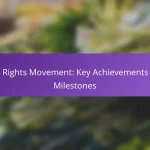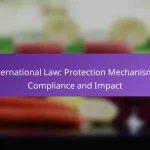Legal aid organizations play a crucial role in ensuring access to justice for individuals facing legal challenges, particularly those with limited financial means. They offer a variety of services, including free consultations and court representation, to assist low-income and vulnerable populations with issues such as family law, housing disputes, and immigration challenges.
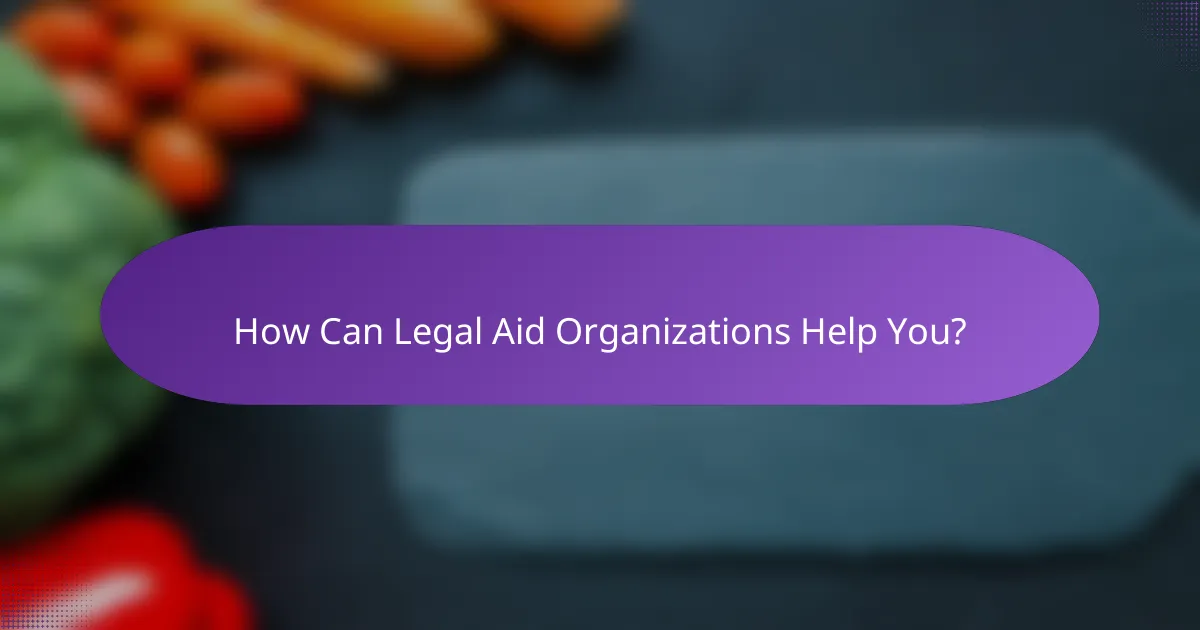
How Can Legal Aid Organizations Help You?
Legal aid organizations provide essential support to individuals facing legal challenges, particularly those with limited financial resources. They offer a range of services, including free consultations, court representation, and assistance with legal paperwork, ensuring that everyone has access to justice.
Free legal consultations
Many legal aid organizations offer free initial consultations to assess your legal situation. During this meeting, you can discuss your case with an attorney who can provide guidance on your options and potential next steps.
These consultations typically last between 30 minutes to an hour and can help you understand whether you qualify for further assistance. It’s advisable to prepare any relevant documents and questions beforehand to make the most of this opportunity.
Representation in court
Legal aid organizations often provide representation in court for eligible clients. This means that if you cannot afford a private attorney, they may assign a lawyer to advocate for you during hearings or trials.
Eligibility for representation usually depends on your income level and the nature of your legal issue. Common cases include family law, housing disputes, and criminal defense. Always inquire about the specific criteria when seeking help.
Assistance with paperwork
Filing legal documents can be complex and overwhelming. Legal aid organizations can assist you with preparing and submitting necessary paperwork, ensuring that everything is completed accurately and on time.
This support is particularly valuable for individuals unfamiliar with legal terminology or procedures. They may also provide templates or examples to help you understand what is required.
Access to legal resources
Legal aid organizations often maintain a wealth of resources, including legal guides, brochures, and online databases. These resources can help you educate yourself about your rights and the legal process.
Some organizations also offer workshops or seminars on specific legal topics, providing a platform for community members to learn and ask questions. Utilizing these resources can empower you to navigate your legal challenges more effectively.
Community outreach programs
Community outreach programs are a key component of many legal aid organizations. These initiatives aim to raise awareness about legal rights and available services, often targeting underserved populations.
Programs may include informational sessions, legal clinics, or partnerships with local organizations to provide comprehensive support. Engaging with these programs can help you connect with resources and advocates in your area.
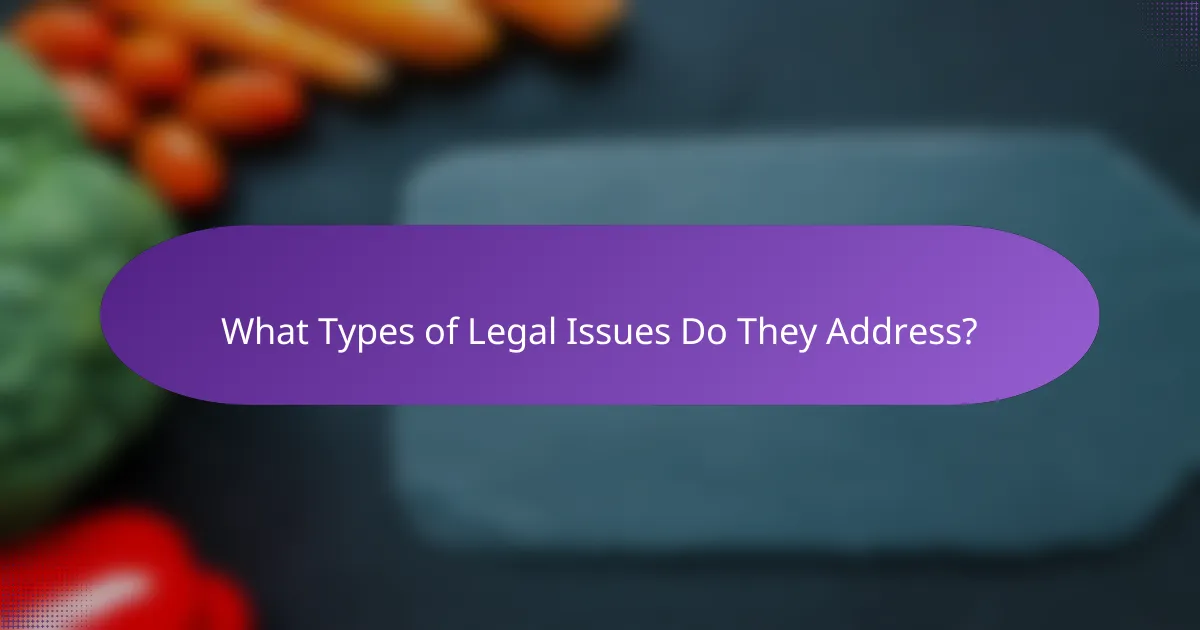
What Types of Legal Issues Do They Address?
Legal aid organizations address a variety of legal issues, primarily focusing on matters that affect low-income individuals and vulnerable populations. These issues often include family law, housing disputes, immigration challenges, and criminal defense.
Family law matters
Family law encompasses legal issues related to marriage, divorce, child custody, and support. Legal aid organizations provide assistance in navigating the complexities of family court, helping clients understand their rights and options.
For example, they can help individuals file for divorce, seek child support, or establish custody arrangements. It’s crucial to gather all relevant documents, such as financial records and communication logs, to support your case.
Housing and eviction issues
Housing and eviction issues involve disputes between tenants and landlords, including unlawful eviction and rent control violations. Legal aid can help tenants understand their rights under local housing laws and provide representation in court if necessary.
In many areas, tenants may have protections against eviction, especially during certain periods like the COVID-19 pandemic. Knowing your local regulations can be vital, so check with local legal aid for specific guidance.
Immigration assistance
Immigration assistance includes help with visas, green cards, asylum applications, and deportation defense. Legal aid organizations often provide services to individuals navigating the complex immigration system, ensuring they understand their rights and options.
For those seeking asylum, it’s important to document any persecution experienced in their home country. Legal aid can help prepare applications and represent clients in immigration court, which can be a daunting process without support.
Criminal defense
Criminal defense involves representing individuals accused of crimes, ranging from misdemeanors to felonies. Legal aid organizations provide crucial support for those who cannot afford private legal counsel, ensuring fair representation in the justice system.
It’s essential to communicate openly with your legal aid attorney about the details of your case. They can help you understand the potential consequences and options available, such as plea deals or trial strategies.
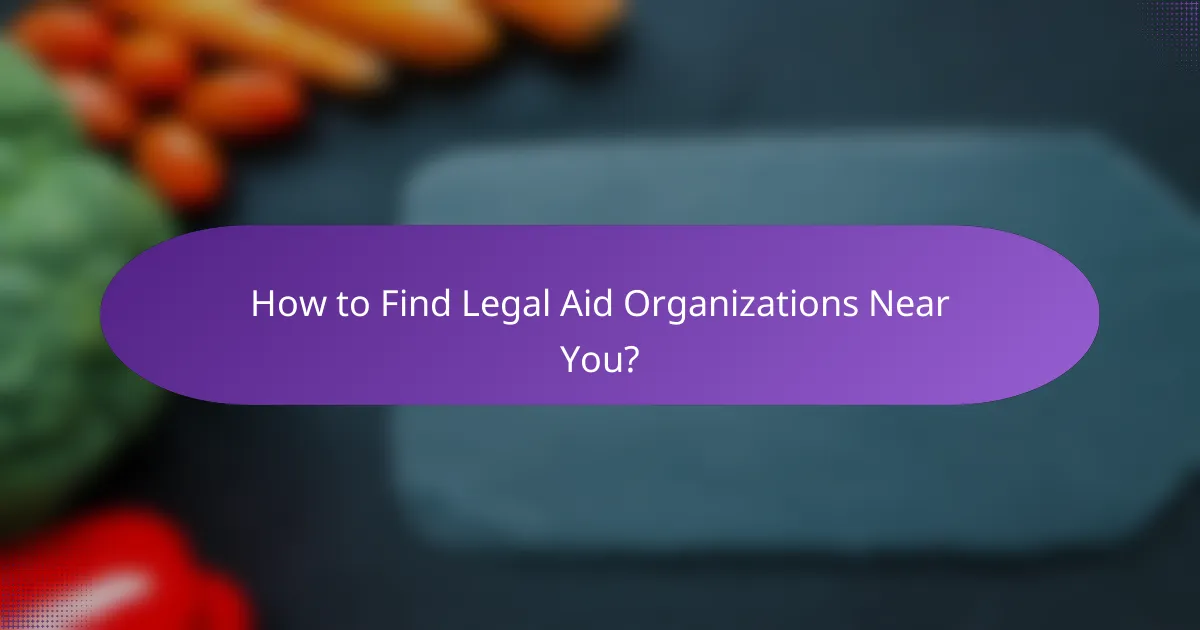
How to Find Legal Aid Organizations Near You?
Finding legal aid organizations nearby can be straightforward if you know where to look. These organizations provide essential support for individuals who cannot afford legal representation, offering services ranging from advice to full representation.
Online directories
Online directories are a valuable resource for locating legal aid organizations. Websites like Legal Services Corporation and Nolo allow users to search for legal aid services by state or specific legal issues. These platforms often provide contact information and details about the types of services offered.
When using online directories, ensure the information is up-to-date, as organizations may change their services or contact details. Look for reviews or ratings to gauge the effectiveness of the organizations listed.
Local bar associations
Local bar associations can connect you with legal aid organizations in your area. They often have referral services that can direct you to qualified legal aid providers based on your needs. Contacting your local bar association can provide insights into available resources and any specific eligibility requirements.
Many bar associations also host pro bono programs, where attorneys volunteer their time to assist individuals in need. Check their websites or call them directly to inquire about these services.
Community centers
Community centers frequently partner with legal aid organizations to offer legal assistance to residents. These centers may host legal clinics or workshops that provide free legal advice on various issues, such as housing, family law, or immigration.
Visit your local community center to find out about upcoming legal events or resources. They can often guide you to legal aid organizations that serve your specific community.
State legal aid websites
Each state typically has its own legal aid website that lists available resources and services. These websites provide comprehensive information about eligibility, types of legal issues covered, and how to apply for assistance. They are tailored to the specific laws and regulations of your state.
To find your state’s legal aid website, search for “[Your State] legal aid” in your preferred search engine. This can lead you to valuable resources and help you understand the legal aid landscape in your area.
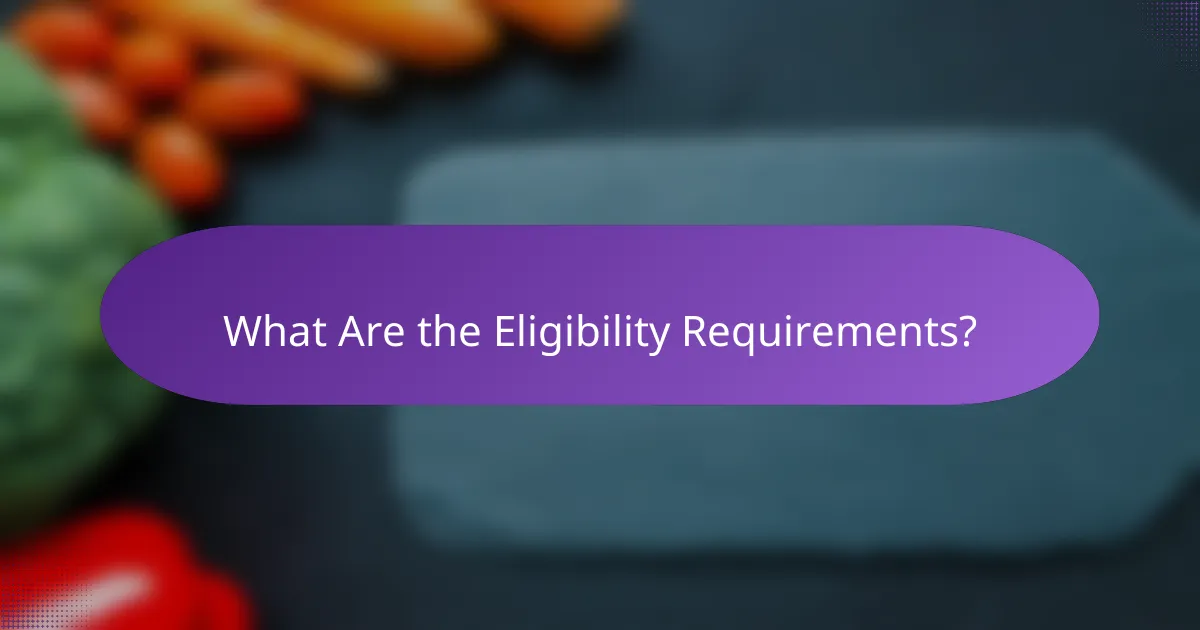
What Are the Eligibility Requirements?
Eligibility requirements for legal aid organizations typically include income limits, residency status, and the nature of the legal issue. These criteria ensure that assistance is directed to those who need it most, often focusing on low-income individuals facing significant legal challenges.
Income-based criteria
Income-based criteria are a primary factor in determining eligibility for legal aid. Most organizations set income limits based on the federal poverty level, which varies by family size. Generally, applicants must demonstrate that their income falls below a certain percentage of this level, often around 125% to 200%.
For example, a single person in the U.S. might need to show an annual income below approximately $16,000 to qualify for assistance. Families with more members have higher income thresholds, reflecting their increased financial needs.
Residency requirements
Residency requirements typically stipulate that applicants must be residents of the state or region where they seek assistance. This ensures that legal aid resources are allocated to local residents facing legal issues.
Some organizations may require proof of residency, such as a utility bill or lease agreement, to confirm eligibility. Additionally, certain programs may prioritize assistance for individuals facing specific legal challenges, such as housing or domestic violence, within their jurisdiction.

